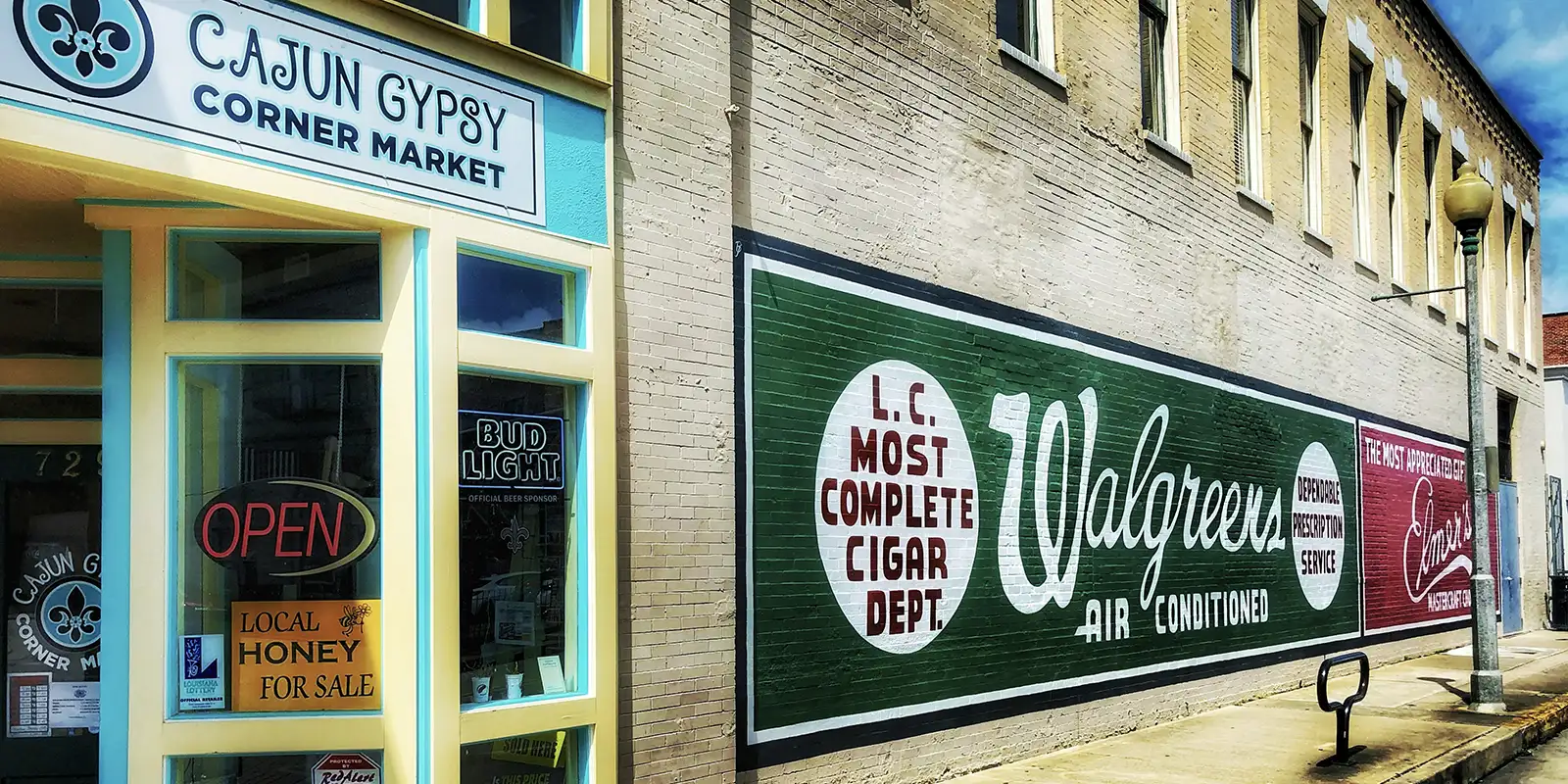Lake Charles, Louisiana, in Calcasieu Parish, is a lively city situated in the southwestern region of the state and Lake Charles, the lake. This city celebrated for its distinctive combination of scenic landscapes, vibrant cultural heritage, and Deep South charm and hospitality. It thrives as a center for industry, leisure, recreation, tourism, and drawing visitors with its broad array of attractions.
Lake Charles, the lake itself, and Prien Lake are picturesque water bodies that serve as a focal point of the city that shares its name. The Calcasieu River connects these tidal lakes. Lake Charles spans approximately 11 square miles and plays a vital role in the area’s ecology, recreation, and industry.
Why Is Lake Charles Famous?
Lake Charles, Louisiana, is famous for exciting reasons, with each reflecting its rich cultural, natural, and economic significance. Here’s what makes the city a cultural icon:
- Casinos and Entertainment
- Culinary Excellence
- Cultural Heritage and History
- Economic and Industrial Significance
- Natural Beauty and Outdoor Activities: Lake Charles, Lake Prien, and the Calcasieu River flank almost the entire western border of the City of Lake Charles, with the English Bayou wrapping around its northern border.
- Southern Hospitality
- Vibrant Festivals and Events
What Are the Annual Festivals in Lake Charles?
Lake Charles is famous for its vibrant festivals, including Mardi Gras, the Louisiana Pirate Festival, and the Contraband Days celebration, which honor the city’s heritage and provide lively entertainment. The city features casinos, like the Golden Nugget and L’Auberge, offering gaming, dining, and live music.
How Far Is Lake Charles from the Ocean?
Lake Charles, Louisiana, is approximately 30 miles from the Gulf of Mexico. The nearest coastal area is along Cameron Parish, which offers access to the Gulf and features beaches, wetlands, and nature preserves. This proximity allows for easy access to both inland attractions and coastal activities, like fishing, birdwatching, and enjoying the Gulf’s scenic views.
What Food Is Lake Charles Known For?
The Lake Charles region’s cuisine is a standout, with a mix of Cajun and Creole flavors. From gumbo and étouffée to boudin and crawfish boils, Lake Charles offers the traditional taste of southern Louisiana’s culinary traditions.
Cajun and Creole cuisines are two distinct but interconnected culinary traditions in Louisiana, reflecting the region’s cultural history. While they share some similarities because of their use of local ingredients and bold flavors, their origins, cooking techniques, and ingredients set them apart.
Cajun Cuisine:
- Developed by the Acadians, French settlers who were expelled from Canada and resettled in Louisiana.
- Influenced by French, rural, and rustic traditions.
- Associated with the countryside and home-style cooking, known as “country cooking”.
Creole Cuisine:
- Originated in New Orleans, blending French, Spanish, African, Caribbean, and Native American influences.
- Associated with the city, is considered more refined and cosmopolitan, and known as “city cooking”.
Is it Expensive to Live in Lake Charles Louisiana?
As of September 2024, The Cost of Living Index, published by the Council for Community and Economic Research (C2ER), posted this information:
| Cost of Living in Lake Charles, LA | Compared to State Average | Compared to National Average |
| Housing (Buy or Rent) | 21% lower | 35% lower |
| Utilities (Monthly) | 16% lower | 29% lower |
| Food | 0% | 5% lower |
| Healthcare | 1% higher | 1% lower |
| Transportation | 13% higher | 7% higher |
| Goods & Services | 0% | 3% lower |
Why Are People Leaving Lake Charles?
People have been leaving Lake Charles, Louisiana, in recent years for a variety of reasons, many of which are tied to economic, environmental, and social challenges. Here are some key factors contributing to population decline or relocation:
Natural Disasters in Lake Charles
Lake Charles has been severely impacted by multiple natural disasters in recent years, including:
- Hurricane Laura 2020: One of the most powerful hurricanes to hit Louisiana, causing widespread destruction in Lake Charles.
- Hurricane Delta 2020: Followed just weeks after Laura, compounding the damage.
- Winter Storm Uri 2021: Brought freezing temperatures and power outages to a region unaccustomed to such weather.
- Flooding: Persistent flooding from heavy rains has added to the challenges of recovery.
- The frequency and severity of these events have made rebuilding difficult for many residents, leading some to relocate to areas less prone to such disasters.
Economic Challenges
While Lake Charles has historically relied on the petrochemical industry and the Port of Lake Charles for economic stability, the area has faced:
- Job losses and economic instability, particularly after natural disasters disrupted industries.
- Rising costs of rebuilding homes and businesses, coupled with challenges in obtaining insurance or federal aid, pushing people to seek opportunities elsewhere.
Housing Shortages and Rising Costs
- The destruction of homes and infrastructure from hurricanes and floods has led to housing shortages. Some residents have struggled to afford the cost of rebuilding or repairing damaged properties, prompting relocation.
Quality of Life and Infrastructure Issues
- The slow pace of recovery in some areas has left parts of the city with inadequate infrastructure, damaged roads, and limited resources.
- Some residents have expressed frustration with delays in rebuilding efforts and perceived insufficient government support.
Desire for Stability
- After enduring consecutive disasters and economic challenges, many residents are seeking more stable living conditions in other parts of Louisiana or neighboring states.
Efforts to Rebuild and Retain Residents
Despite these challenges, efforts are ongoing to rebuild Lake Charles, strengthen infrastructure, and attract new businesses. Many residents remain committed to restoring the city and preserving its unique cultural heritage.
Lake Charles is a resilient community, but the combination of environmental, economic, and social pressures has led to significant demographic shifts in recent years.







